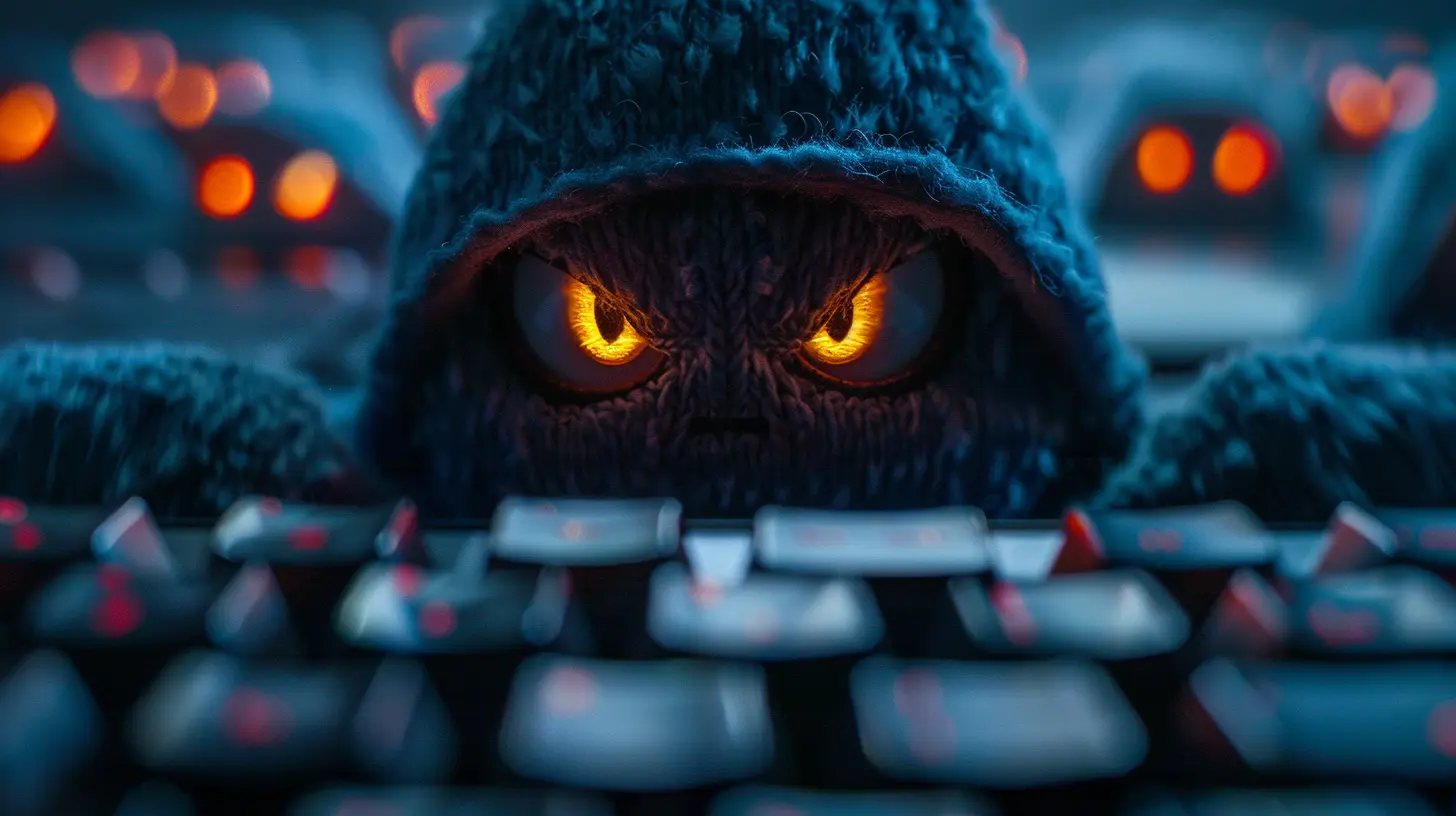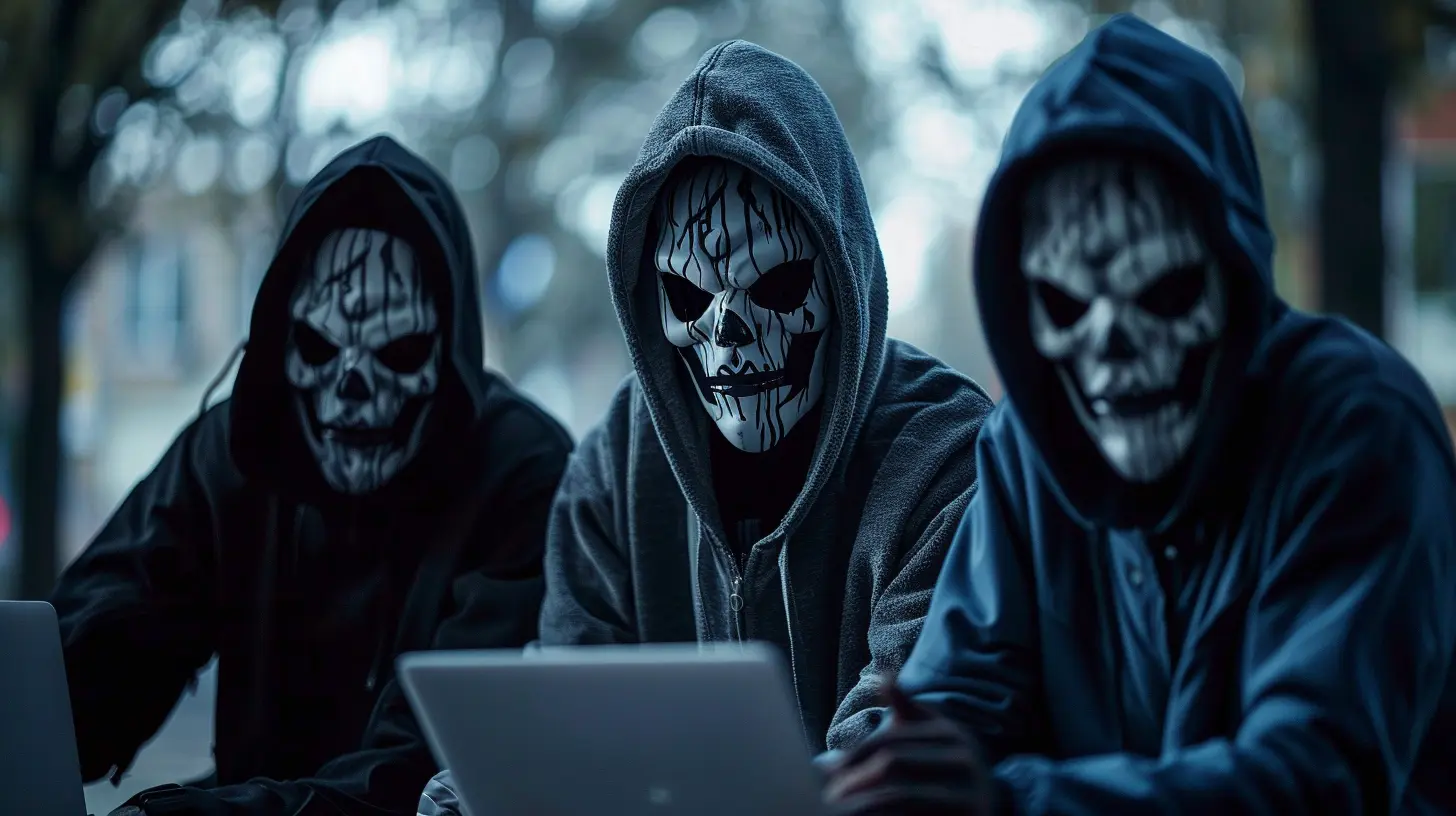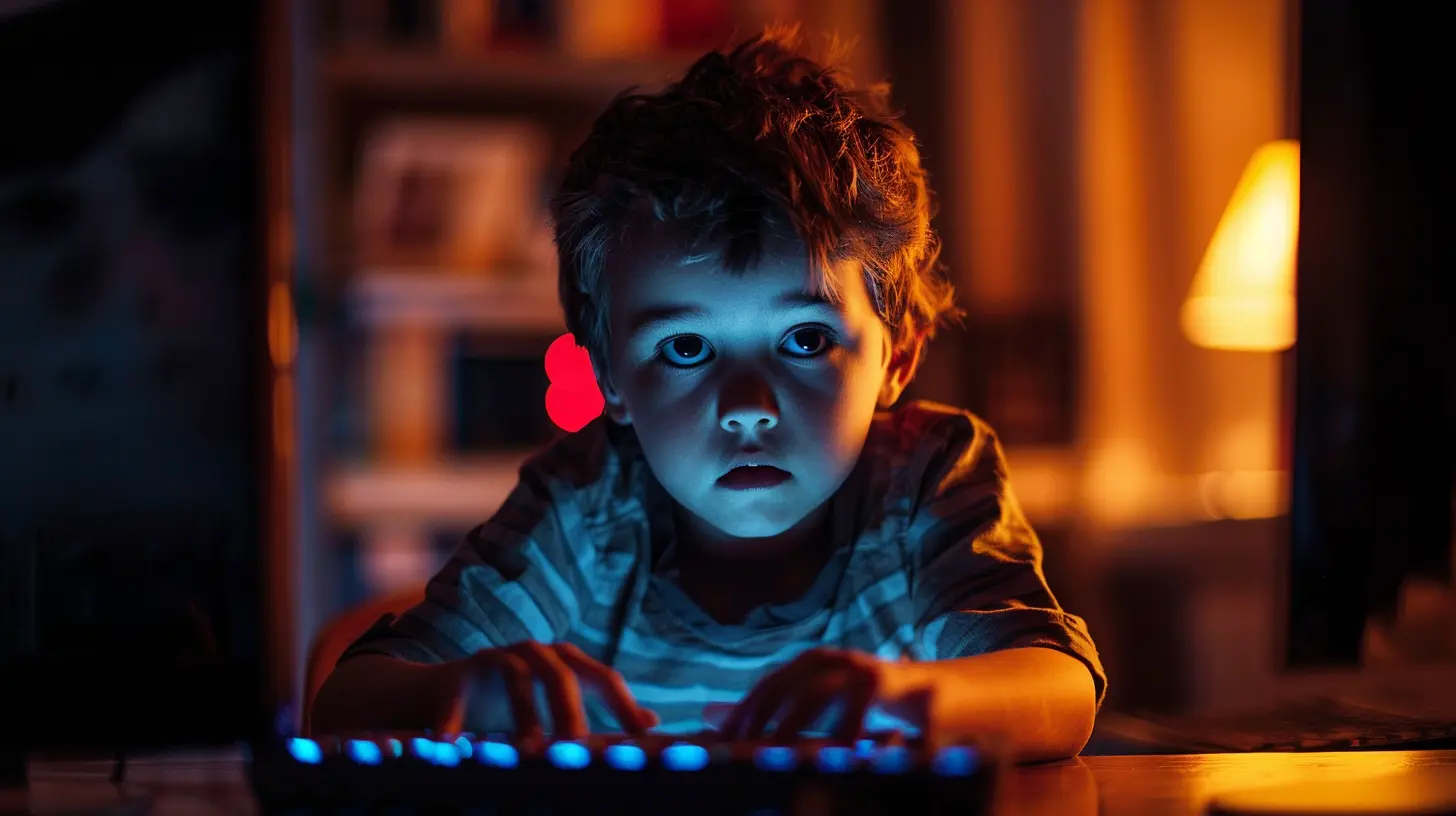The Dark Side of Social Media: A Playground for Hackers
23 September 2025
Social media is a double-edged sword. On one side, it connects us to friends, helps businesses grow, and fuels creativity. But on the other side lies a darker reality—one where cybercriminals lurk, ready to exploit unsuspecting users.
If you think you’re safe just because you have a strong password, think again. Hackers have turned social platforms into their personal playground, using creative and dangerous tactics to steal data, spread malware, and manipulate users.
In this article, we’ll uncover how social media has become a hacker’s paradise and, more importantly, how you can protect yourself. 
How Hackers Exploit Social Media
It’s easy to assume that hacking is all about brute-forcing passwords or launching complex cyberattacks. But in today’s world, hackers don’t always need advanced coding skills—they just need social engineering tactics.Here’s how cybercriminals exploit social media:
1. Phishing Attacks: Tricking Users Into Giving Up Their Data
Phishing is one of the oldest tricks in the hacker’s handbook, and social media has given it a new lease on life. Cybercriminals send fraudulent messages that appear to come from a trusted source, manipulating users into revealing personal data like login credentials or credit card information.🚨 Real-life example: You receive a message on Instagram from what looks like the platform’s official account, warning that your account will be suspended unless you verify your information. You panic and click on the link—only to hand over your credentials to hackers.
2. Fake Profiles: Impersonation and Identity Theft
Hackers create fake profiles pretending to be someone you trust—maybe a friend, a family member, or even a company representative. They use these fake identities to trick people into sending money, sharing confidential information, or clicking on malicious links.🚨 Common Scam: A hacker clones a celebrity’s account and runs fake contests, promising huge rewards in exchange for sensitive data or a small "processing fee."
3. Malware Spread Through Links and Attachments
You’ve probably seen viral posts promising free giveaways, exclusive content, or shocking news stories. Many of these are cleverly disguised traps designed to spread malware.The moment you click on that suspicious link, malware is installed on your device, allowing hackers to steal your login credentials, access private files, or even take control of your computer.
4. Social Engineering: Manipulating Human Psychology
Hackers don’t always need complex tools—sometimes, all they need is a well-crafted message to manipulate people. By studying a person’s online behavior, they can craft messages that seem personal and urgent.🚨 Example: A hacker DMs you, pretending to be a friend in distress, asking for immediate financial help. Feeling emotional, you send money—only to realize later that your real friend was never in trouble.
5. Data Harvesting from Public Profiles
Every detail you share online—your birthday, location, pet’s name, or even your favorite coffee shop—can be valuable to hackers. They piece together this information to answer security questions or craft targeted phishing attacks.Have you ever played those seemingly innocent Facebook quizzes like “What’s your royal name?” You might be giving away answers that hackers can use to reset your passwords. 
The Consequences of Social Media Hacking
A hacked social media account isn’t just inconvenient—it can be disastrous. Here’s what can happen if your account falls into the wrong hands:1. Identity Theft
With access to your social accounts, hackers can pretend to be you, scam your friends, or even open credit accounts in your name.2. Financial Losses
Many people store bank details and sensitive financial information on social platforms. If hacked, cybercriminals can steal money directly from bank-linked apps or trick followers into sending funds.3. Reputation Damage
Imagine waking up to find offensive posts coming from your account. Your reputation—both personally and professionally—can take a serious hit if hackers use your profile to spread harmful content.4. Corporate Security Breaches
If you’re an employee of a company, a compromised personal account can lead to a larger security breach. Hackers can trick your coworkers into clicking malicious links, potentially hacking entire business networks.
How to Protect Yourself from Social Media Hackers
Now for the most important part—how do you stay safe? Here are some battle-tested ways to lock down your social media and keep hackers at bay.1. Strengthen Your Passwords and Enable Two-Factor Authentication (2FA)
- Use long, unique passwords for every account. A password manager can help you keep track.- Enable 2FA—this adds an extra layer of security by requiring a second form of verification, like a code sent to your phone.
2. Be Cautious With Messages and Friend Requests
- Never trust messages from unknown sources, especially if they contain urgent requests.- If a friend asks for sensitive information, verify their identity via another communication method.
3. Think Before You Click
- Avoid clicking links in random DMs, emails, or comment sections.- If something looks too good to be true (like a free iPhone), it probably is.
4. Limit the Information You Share Publicly
- Keep personal details like your phone number, address, and email hidden.- Avoid oversharing—your vacation plans, job details, or even your pet’s name can be used in security breaches.
5. Regularly Monitor Your Accounts
- Check your login activity for suspicious logins. If anything looks off, change your password immediately.- Use tools like Google’s Security Checkup to review your social media and connected accounts regularly.
6. Use Security Software and Keep Your Devices Updated
- Install reputable antivirus software to detect and block malware.- Keep your apps, browsers, and operating system updated to patch security vulnerabilities.

Final Thoughts
Social media is an incredible tool, but it’s also a hunting ground for hackers. Cybercriminals rely on human psychology, social engineering, and technical tricks to exploit users. But here’s the good news: you’re not powerless.By staying aware, using strong security practices, and thinking before you click, you can shield yourself from cyber threats. The internet is a wild place, but with the right precautions, you can enjoy social media while keeping hackers out of your digital life.
Stay safe and stay smart online!
all images in this post were generated using AI tools
Category:
Cyber ThreatsAuthor:

Kira Sanders
Discussion
rate this article
1 comments
Colton Fisher
Great article! It’s eye-opening to see how social media can be a double-edged sword. While it connects us, it also exposes us to hackers. Definitely makes me rethink my online habits and privacy settings. Thanks for shedding light on such an important issue!
September 23, 2025 at 5:07 AM

Kira Sanders
Thank you for your feedback! I’m glad the article resonated with you and helped raise awareness about online safety. Stay vigilant!


